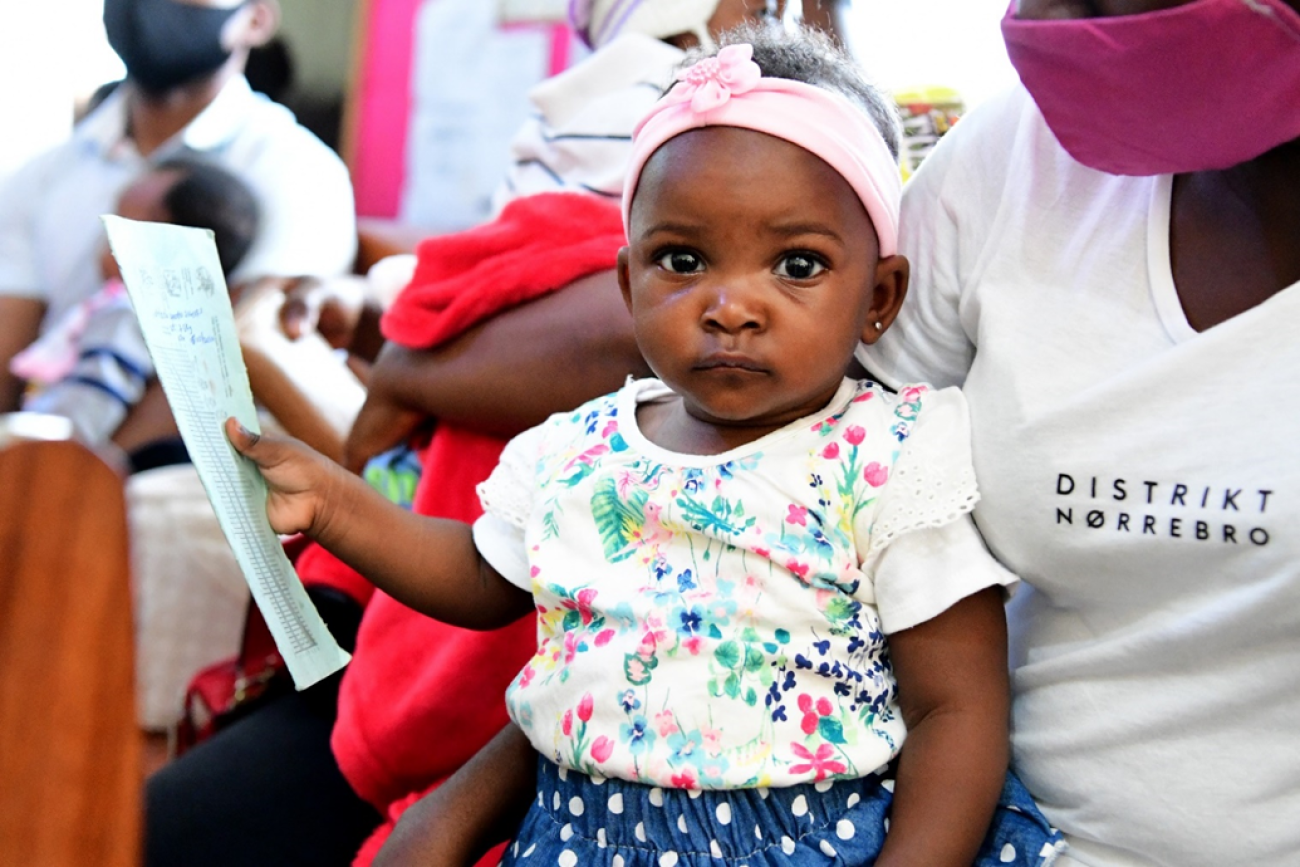Saving life as Community Health Worker for the populations of Azire-Bamenda, Northwest region

To address this issue, UNICEF is supporting the MoH and local NGOs through emergency humanitarian actions
Since the beginning of the socio-political crisis in this region, basic maternal, newborn and child health interventions have gradually reduced. This security situation has hindered access to health services worsened by the COVID-19 pandemic and the most vulnerable women, pregnant women, newborns, children under five, young boys and girls have less access to health facilities. Basic essential health care such as newborn care, immunization, deliveries in health facilities have decreased, jeopardizing the survival of mothers and newborns.
To address this issue, UNICEF is supporting the MoH and local NGOs through emergency humanitarian actions. One of the effective weapons is raising awareness through multitask community health workers. Thanks to the contribution of health workers trained in the two regions affected by the current security crisis, a total number of 56,956 children have been vaccinated against Measles. 414 newborns are received Kangaroo Mother Care. A total of 1,795 children have been treated from diarrhoea. Moreover, 4,345 children with malaria have also been treated with a total number of 1,095 children with respiratory tract infections, and support has been provided for Penta vaccination for routine immunization with 14,637 children vaccinated.
This morning, the Azire integrated health center of Azire health area is quite noisy because there are many patients. Cries, tears, moans, are the noises that characterize the atmosphere in this health facility of the Bamenda Health District, in the North West region. Here, health care services are offered daily. On one hand it is the vaccination of newborns and children, on the other hand pregnant women are consulted and also receive vaccines. Further, a few volunteers are getting tested and vaccinated against COVID 19. In the middle of all these people, wearing a vest, is Rita, a community health worker inher forties. With smiles on her face, she keeps reassuring mothers and women who are have come to vaccinate their children and for antenatal and postnatal care. “They listen and trust me a lot because for most of them, yesterday I went to their homes to remind them not to forget this important appointment of today, and that is one of the things I always do in the quarter I serve. I also tell what to do to when coming to health facility to avoid being contaminated by COVID 19.” she says in smiling. “I started this work as a community mobilizer nearly 5 years ago. With the arrival of the coronavirus pandemic, we have been trained to become multitask community health workers”.
Rita is one of the community health workers trained by UNICEF in the North-West region who give tremendous efforts to sensitize mothers, women, families and communities on health various health topics, encouraging them to use the health facility, treating under-fives against malaria, diarrhea and respiratory tract infections.
Despite the persistent challenge of insecurity in the region, these actors continue to work on a voluntary basis with dedication to save the children and women of their community. “The war has already taken our brothers from us, the COVID pandemic has taken away our friends, we cannot accept that diseases take away our children when we can avoid them” concluded Rita, in a firm tone.





